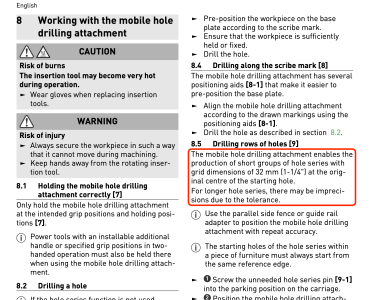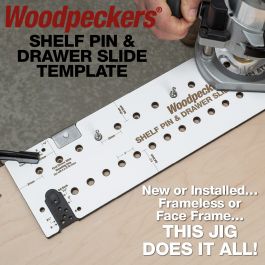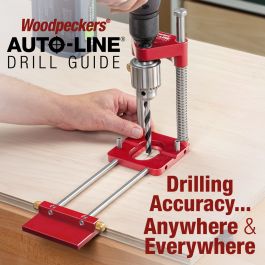I was doing a job the other day that could have benefited from an MB40, but being in the States I have to wait. In the meantime I started researching it and - it seems like it does a lot of similar stuff to the LR32 system, without needing quite as much hardware and for about 35% of the price. The main difference obviously is that one uses a router, the other uses a drill - but for this purpose, a router is probably overkill.
Does anyone have any thoughts on the matter? I might well have missed some crucial detail. Thanks!
....edit to add - I asked ChatGPT, and it gave me this:
Does anyone have any thoughts on the matter? I might well have missed some crucial detail. Thanks!
....edit to add - I asked ChatGPT, and it gave me this:
- Choose the Festool LR 32 System if you need high-volume, long-series hole drilling in cabinetry, and you're already set up with a router + guide rail workflow.
- Choose the MB 40 Attachment if you're after a fast, portable solution using your cordless drill, especially for short runs or quick in-field drilling. It's a lean, flexible tool—great for spot jobs, hinge drilling, or small woodworking tasks with decent repeat accuracy.



